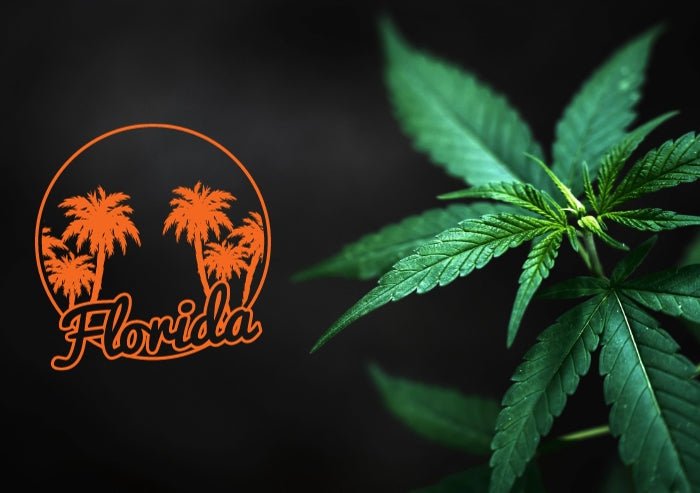The new statutes and guidelines, which went into effect at the beginning of the year, address issues ranging from online retail sales to intoxicating hemp derivatives.

One of the staples of modern Western Civilization is the tradition of stating resolutions at the beginning of a new year. For many, these goals represent areas of an individual’s life they would like to see improved in the next 365 (or 366 for leap years like 2024) days. However, resolutions are not the sole domain of people. Sometimes, they apply to organizations and, in the case of Colorado, the entire state-regulated cannabis industry.
Since the wild and surreal days of the COVID-19 pandemic lockdowns, when cannabis revenues exploded as people struggled with forced isolation and the stress of confronting a deadly disease daily, marijuana sales, particularly in the more well-established and mature markets like Colorado, Oregon, and California, have plummeted causing seismic changes in those state industries.
This past July, a report from the City and County of Denver revealed a 22% decline in annual marijuana sales revenue from 2021 to 2022 – the largest annual drop since legalization. While other parts of the state are not experiencing the same precipitous decline in sales, overall, the state’s regulated adult-use cannabis market is stagnant and in need of a massive jolt of positive energy.
To provide that needed spark, state officials have enacted a series of new laws and regulations for the Colorado cannabis industry. According to multiple media outlets, those new rules and guidelines went into effect on Monday, addressing hot-button issues like lab testing, hospitality, online retail sales, and intoxicating hemp derivatives or IHDs.
In an announcement last week, The Colorado Marijuana Enforcement Division (MED) detailed the following new laws aimed at bolstering key aspects of the market:
- HB 23-1279: Lifts restrictions on online cannabis product orders and payments at retail stores.
- SB 23-271: Authorizes regulators to develop rules and potential regulations regarding chemical modifications, conversions, or synthetic derivatives of cannabinoids. The law also allows cultivators to source marijuana seeds, immature plants, and genetics from providers within and outside of Colorado’s regulated market.
- HB 23-1021: Authorizes the MED to embargo and destroy regulated marijuana products when the health, safety, or welfare of the public “imperatively requires emergency action.”
- SB 23-199: Allows operators to renew state license applications without local approval if documentation proves licensees sought local approval and have a valid reason for not obtaining it.
- A new allowance for operators to pay a Reduced Testing Allowance Certification Fee if they submit a form noting their understanding of testing rules and requirements, plus payment of the fee.
In addition, the MED also announced the following regulations regarding the Colorado hospitality sector and cannabis consumption providers.
- Increasing sales allowances for retail marijuana hospitality businesses up to one ounce of flower, eight grams of concentrate, and 100 milligrams of THC.
- Hospitality businesses must provide consumers with information about safe transportation and establish standard operating procedures to prevent overconsumption and transactions to those displaying visible signs of intoxication.
- The elimination of specific surveillance requirements in areas where spa services are provided.
While many of the new regulations center on safety and licensing issues, much of the focus of the new guidelines and rules is to help reinvigorate the listless retail market and increase job opportunities. However, all the laws and regulations in the world can’t stop the overwhelming forces of economics.
Much of the decline in Colorado is due to the ancient market forces of competition and oversupply. With neighboring states like Arizona, New Mexico, and Montana now with fully legal adult-use cannabis sales, the monopolistic grip Colorado once held on the region is rapidly disappearing. Likewise, states like Colorado, Oregon, and California have oversaturated their respective markets with far too much supply for the current demand needs of consumers in those areas.
That said, the new rules and guidelines should help improve several areas of need in the Colorado market sector, particularly those concerning health and safety, effective and affordable lab testing, and the ever-expanding and enigmatic IHD industry.
In the end, much of what Colorado cannabis growers, manufacturers, and retailers are experiencing is a natural yet frustrating maturation of its decade-old marijuana industry. Growth spurts don’t last forever, and competition is always nipping at the heels of those currently at the top.
How well and how fast Coloradans adapt to the changes will ultimately determine the long-term success of Colorado cannabis. Their example could also provide a much-needed template for other maturing markets also struggling to deal with the new normal of marijuana in America.








































